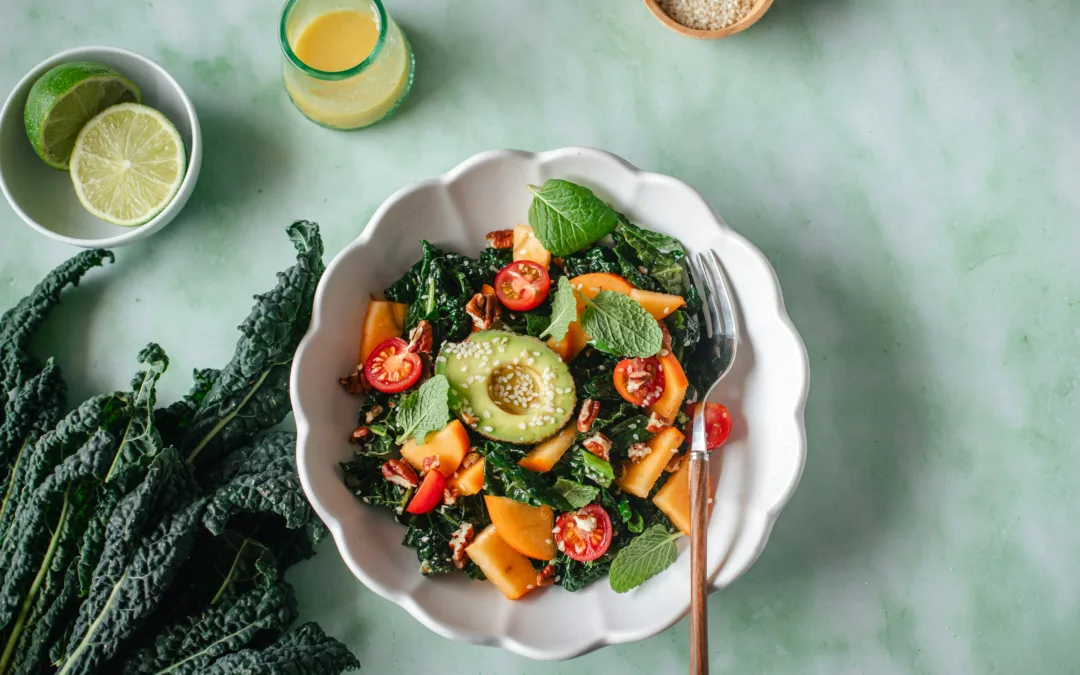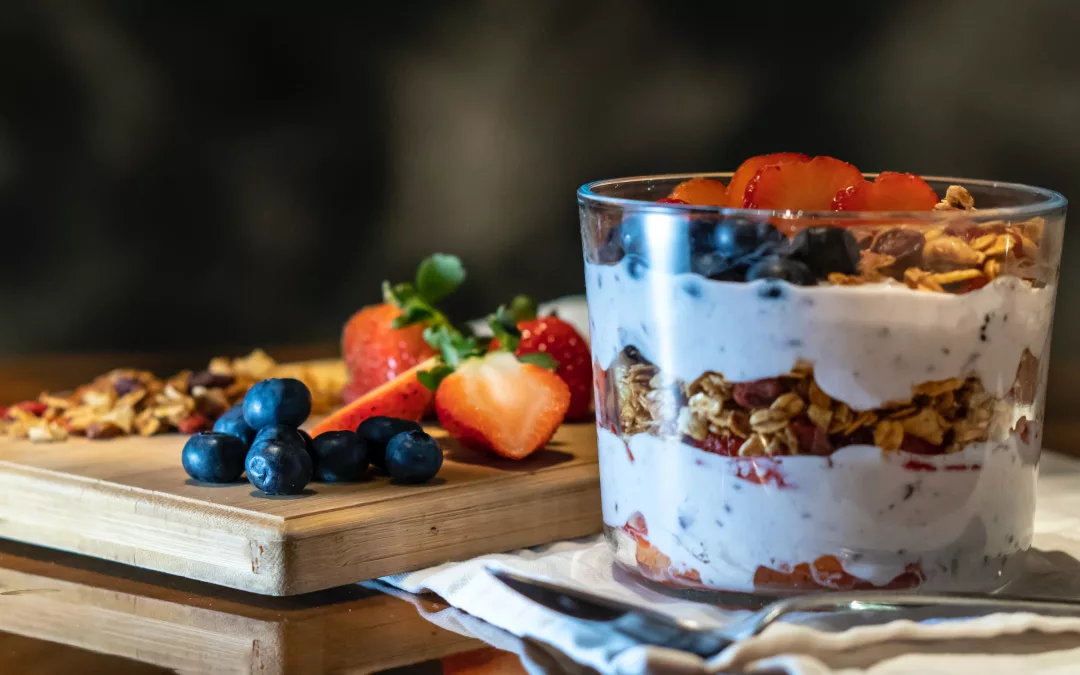
Vegetarian Choices for Pre-diabetes: Excellent for Stable Blood Sugar
Explore dietary strategies for pre-diabetics with a vegetarian focus. Learn how to manage your health!

Explore dietary strategies for pre-diabetics with a vegetarian focus. Learn how to manage your health!

Learn about the benefits of exercise on improving your heart health and reducing your risk of chronic diseases.

Discover dietary modifications for Chronic Kidney Disease management. Consult a Registered Dietitian today!



Digestive problems can significantly impact your quality of life, but making informed dietary choices can help alleviate symptoms and improve overall gut health.
Note: written with help of AI and not yet verified.

Valentine’s Day is a time for celebrating love, connection, and of course, enjoying some of your favourite treats. But for those with Irritable Bowel Syndrome (IBS), this day can often be met with a mix of anticipation and concern.

Irritable bowel syndrome can impact your gut’s ability to absorb certain micronutrients. This can increase your risk of developing a micronutrient deficiency.

Gut health and sleep quality have a complex relationship. Not only does your gut health affect your sleep quality, but your sleep quality also affects your gut health.

regular exercise plays an important role in managing your IBS. Exercises can help, improve bowel movements and digestion, boost the immune system, and enhance overall well-being.

In addition to avoiding trigger foods in your IBS-friendly diet, it can also be beneficial to include prebiotics and probiotics for relief of GI symptom.

If you’re experiencing gastrointestinal issues, it can be difficult to determine whether you have IBS or another condition.

Are you someone who loves spicy foods but suffers from IBS? If so, you may have heard that spicy foods can exacerbate IBS symptoms. This is because many spicy foods contain capsaicin, a compound that can stimulate the digestive system and cause discomfort for those with IBS.

Fibre is an essential part of a health diet, but getting enough fibre in your IBS-friendly diet can be difficult. Despite the challenges of including fibre in a low-FODMAP diet, there are many ways to ensure you’re meeting your fibre requirements with an IBS-friendly diet.

Your mental health can have a major impact on your gut health. Stress and anxiety can trigger an increase in gut inflammation, and disrupt the careful balance of beneficial bacteria in your gut.

Understanding the diet and its underlying principles can help you more effectively follow the diet, support a healthy relationship with food, and manage your GI symptoms.

Being aware of low-FODMAP alternatives to traditional ingredients, such as milk, can help you include more recipes in your diet while managing your IBS symptoms. When it comes to milk, there is an increasing number of low-FODMAP options that you can try.

Although there is currently no research detailing the role of alcohol in triggering IBS symptoms, an observational study reports approximately 1 in 3 people with IBS report experiencing symptoms from consuming alcohol.

You may have noticed that not everyone with IBS experiences the same triggers, or symptoms during flare-ups. In fact, most people with IBS have different triggers and “IBS-safe foods”. One of the reasons for this is that there are different types of IBS. Knowing and understanding your dominant type of IBS can help you identify ways to manage the symptoms.

Snacking is often viewed as a bad habit that should be avoided and a barrier to weight loss. Despite what the diet culture may tell you, there is a purpose for snacking…[it] can be part of a healthy lifestyle.